The Beauty of Fear
February 10, 2020
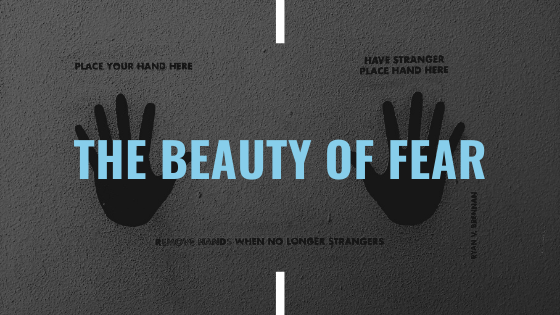
Fear is having a moment.
Do you feel it?
I sure do.
Yesterday morning, it woke me up at 3:30 a.m. (Fear LOVES 3 a.m. It’s like Fear Happy Hour.)
What am I afraid of? Oh, so many things. I fear not living my life’s mission, having few people be impacted by my work, lacking financial security, being myopic in thought processes, having a finger/toe nail be bent backwards, seeing my cat hurt, being a part of the mainstream, eating meat…
But most of all, I fear getting bigger in my life. And I don’t mean physically. I mean showing up in a bigger way to serve more people, attract more attention, make my mark on the world.
Why do I fear this so much? Well, it comes down to my concern about losing control. Control over my time, control over where my attention goes, control over the pace and cadence of my life.
I love my life right now. I count my blessings daily, sometimes even hourly.
And yet.
And yet I feel called to change the very life that I love so I can fully leap into my mission.
So, of course I am afraid.
I bet you are, too. If you’re feeling called from deep within to do something more or different or bigger with your time, you are bumping up against the fact that it’s not going to be comfortable. Familiarity is comfortable. Growth, for the most part, is not. Did you have growing pains in your legs as a child? If you did, you remember that it wasn’t fun at all, and your parents probably didn’t even know how to help. Today, you won’t have those sorts of pains. But your growth will still hurt and you will still feel fear.
As I wrote previously, our fears often manifest as disengagement at work or unhappiness with life and generally fall into four major categories: (1) being taken advantage of, (2) lack of social acceptance, (3) loss of security or (4) criticism of your work product. These fears love to show up when we’re headed down the path of success.
If you’re reading this and thinking, “No thanks, I’m good, growth is overrated,” that’s perfectly fine. I’m not here to push you toward anything. Not at all. Everyone must move through this life at their own pace and on their own unique timeline. I couldn’t possibly know what your soul is calling you to do or not do.
But I can help you—at least a little—with the fear piece of the picture should you choose to press forward.
Here are a few things you can do when you’re feeling afraid yet determined. The TL; DR on all of these steps? Talk about your fear or fears. Find a friend, mentor, or coach you trust and dissect your fears like the formaldehyde-soaked high school biology specimens they are. Look right at them. Get curious. Move toward action. By doing so, you’ll reduce the heat and the power of your fear.
Step One: Openly acknowledge and accept your fears are real by writing down or verbalizing the following: “I fear ___ because ___.”
- “I fear raising my rates because people will judge my output with a higher level of scrutiny.”
- “I fear stepping into a leadership role because I will then be fully accountable for my company’s results.”
- “I fear public speaking because I may stumble or forget what to say.”
Step Two: Feel and describe any associated emotions that bubble to the surface for you when you talk about your fears, such as love, grief, fear, embarrassment, envy, or anger. It’s valuable to explore questions such as, “When I think about ___, how do I feel? Why?” to release old, stale emotions.
Be open to feeling all of the feelings that come up during this step, no matter how unpleasant. Don’t try to eat, drink, shop, smoke, or Facebook them away. Describe where the emotion manifests in your body. Is it a tightness in your throat? A weight on your chest? Breathe.
Step Three: Approach doing the thing you fear by taking a learning mindset. Remind yourself that making mistakes is expected and a key component of learning. The goal isn’t to get it right or be perfect the first time. Do the thing you fear for practice. This might sound strange if the thing you fear is stepping into a new role at work—after all, you can’t really “practice” going after a promotion. But you can take on a more challenging project. Or learn a new skill. Or shadow a leader you’ve been admiring.
Step Four: Take action by repeatedly trying the feared activity. Do each iteration of your action purposefully, repeatedly doing the activity until you feel increasing comfort performing it.
Step Five: Reflect on the process and learning without judgment. As philosopher Jiddu Krishnamurti says, “The ability to observe without evaluating is the highest form of intelligence.” Journal answers to the following questions:
1. What happened?
2. What were you feeling?
3. What was good and bad?
4. What else might you have done?
5. Next time, what will you do differently?
How Do You Know When You Are Afraid?
If you are human, chances are good you are afraid of something. One sign your fear is really active right now is an emotional outburst. An individual’s negative emotion today can often be attributed to not addressing or seeking counseling for a past emotional hardship. A potential impact of not releasing pent up emotions is an unexpectedly strong outburst toward your colleagues, clients, or family members.
If you ever find yourself having an out-of-proportion reaction, it is beneficial to change your location as quickly as possible and find someone to talk to. Once in a different, and private, location breathe deeply (inhale, hold, exhale for four seconds each) to calm down.
Often, emotional reactions occur because a deep fear of yours has been triggered. Again, if you need to confront and overcome a fear, help from a friend, coach, mentor, or advisor is often the difference between release and further suffering.
My Final Word on Fear (For Now)
Why on earth did I call this piece The Beauty of Fear? Because if we can open up about our fears to ourselves and to others, they can serve as a true point of connection. By being our authentic selves, fully aware of and interested in our own foibles and fears, and willing to share all of it, we invite the possibility of communion with other thoughtful people.
You are not going to have a deep friendship with another human being unless you can be real and vulnerable. Yes, fear can be paralyzing and isolating. There’s a reason we’d rather hide it. But those who don’t confront fear let years and decades go by without changing. And that’s just unnecessary.
You are stronger than that. Fear is one more feeling we have to process on the long road to growth. Let people in. Connect.
And if you need help along the way, ask me.
Share This!
Subscribe to newsletter
Keep up to date on the latest.
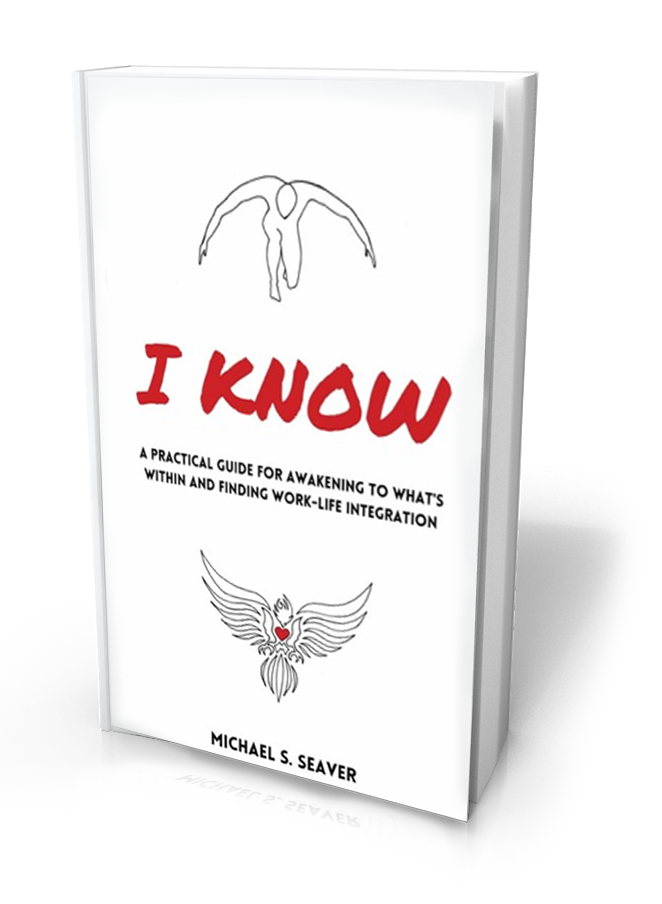


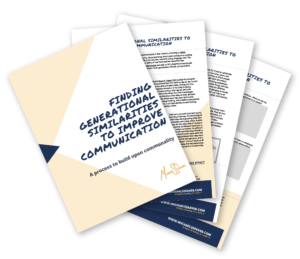
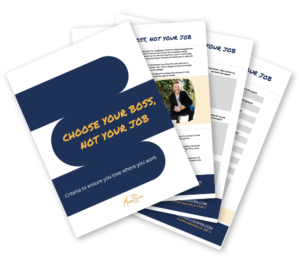
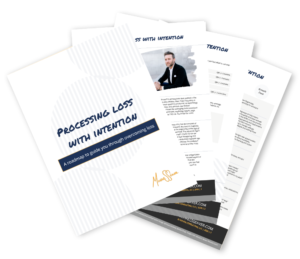
Connect with me